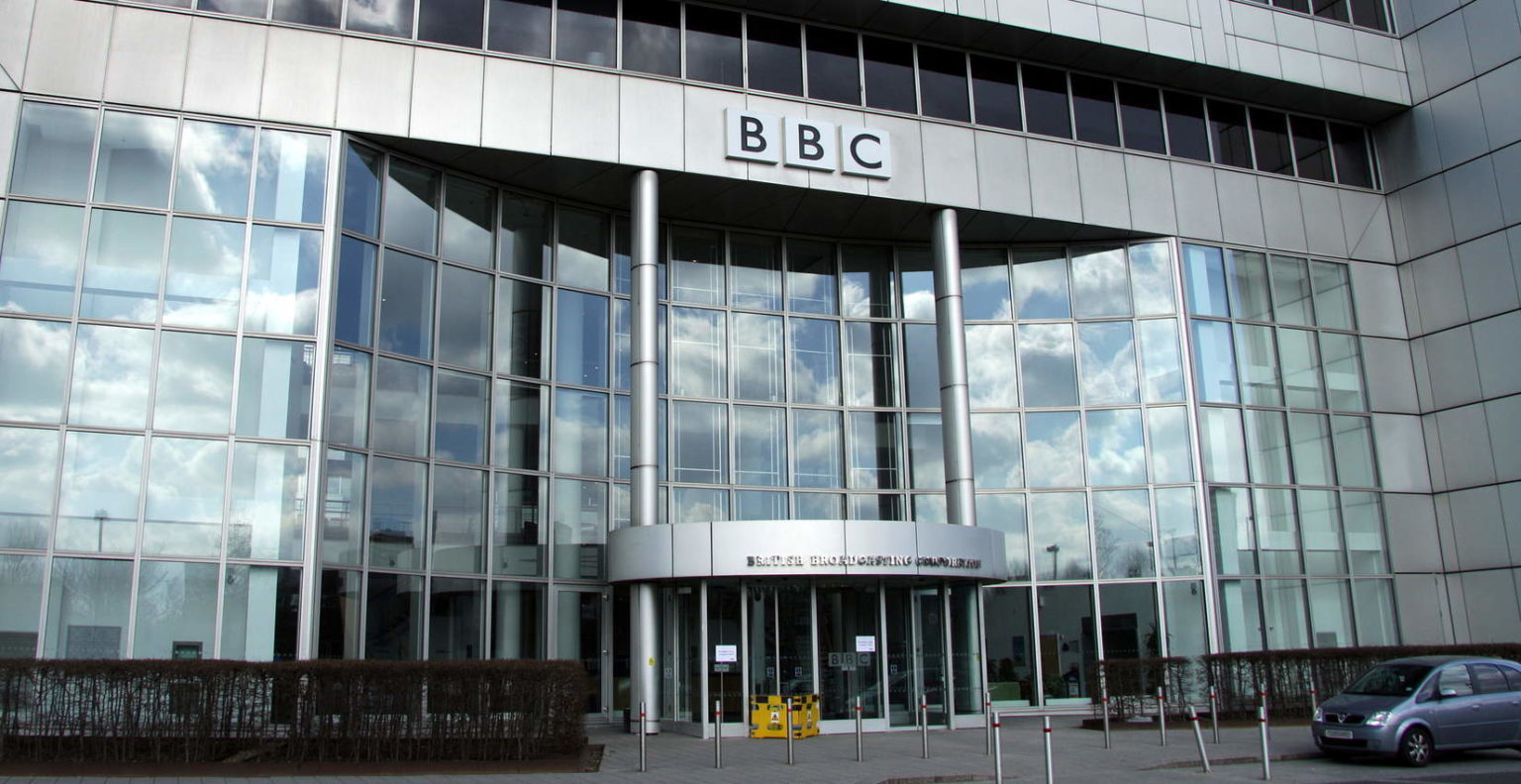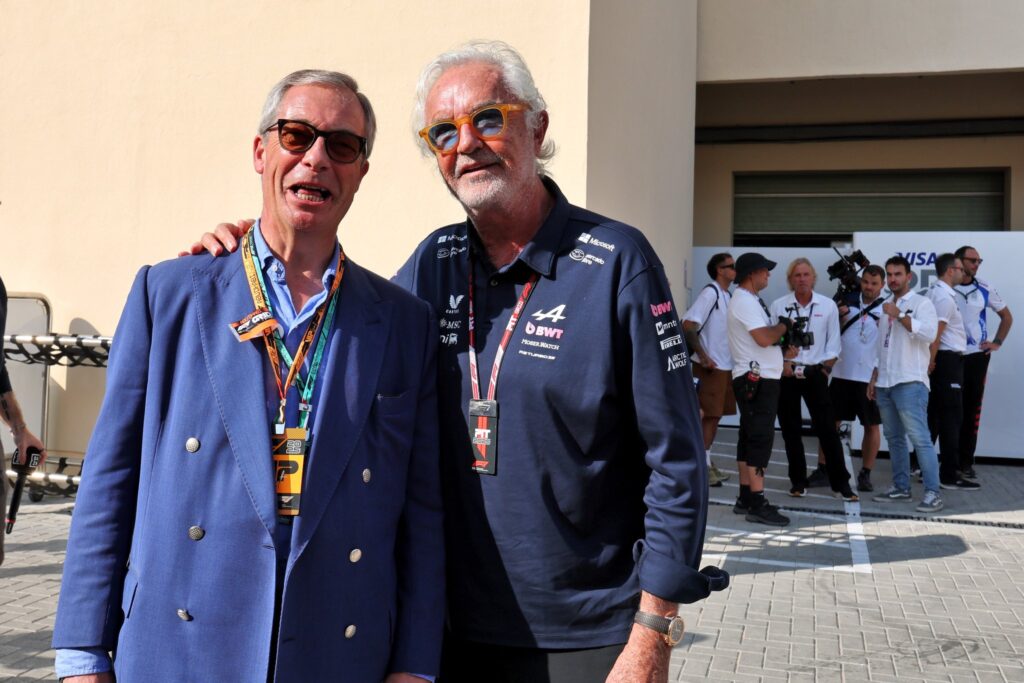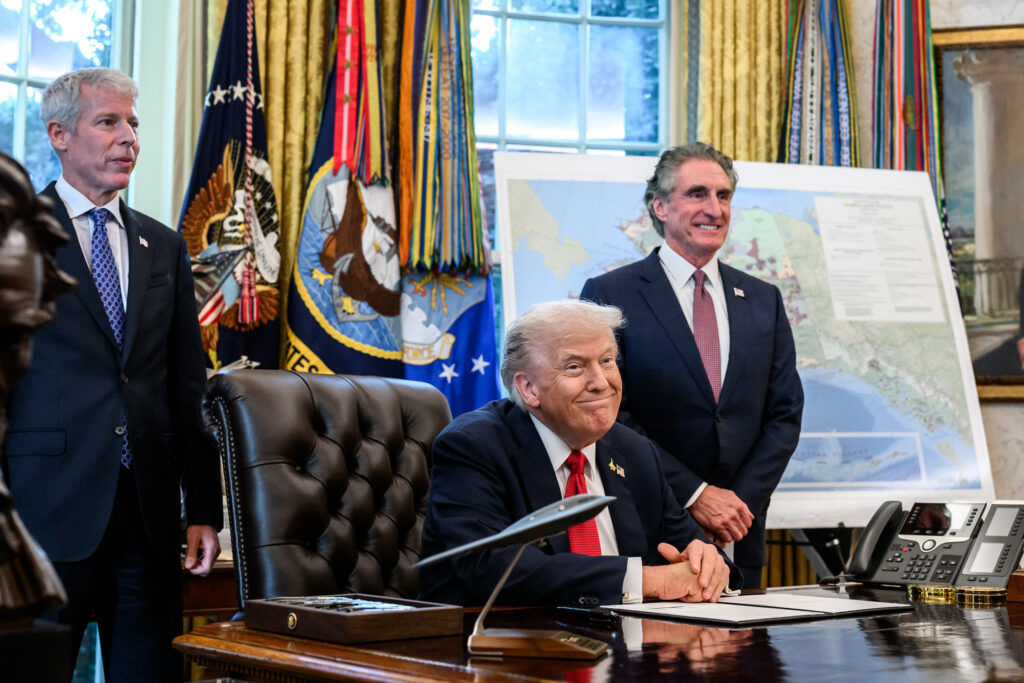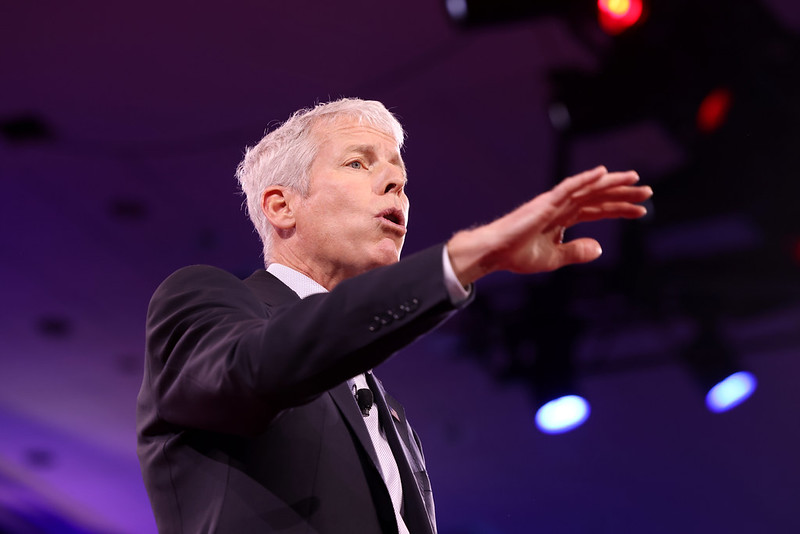Just one year after an independent review recommended the BBC take “an active approach” to engaging with scientists, the corporation stopped running science reporting courses for its journalists, DeSmog UK can reveal.
The news comes just weeks after producers of the BBC’s flagship news programme issued an apology for an interview with Lord Nigel Lawson, admitting that his infamous climate science denial “should have been challenged”.
A document seen by DeSmog UK, obtained through a freedom of information request submitted by nonprofit Request Initiative, stated that the ‘Reporting Science’ course “ceased running” at the beginning of 2013.
“No document exists to explain why the decision to stop running the course was taken,” it said.
The BBC implemented the course as a response to a review in 2011 by UCL professor Steve Jones into the “impartiality and accuracy” of the corporation’s science reporting.
The report criticised the BBC for allowing “an adversarial attitude to science which allows minority, or even contrarian, views an undue place”. It concluded that, “there should be no attempt to give equal weight to opinion and to evidence”.
On being told the courses had stopped, Jones told DeSmog UK:
“I did not know that they had been discontinued; but I do know that BBC journalists do not like these compulsory courses as they are busy as hell anyway and the courses tend to fade away.
“The problem is not factual errors most of the time, but an unwillingness to accept that there is a consensus about a scientific issue, because of the constant desire to report controversy.”
The BBC’s editorial guidelines state that “minority views should not necessarily be given equal weight to the prevailing consensus. Nevertheless, the omission of an important perspective, in a particular context, may jeopardise perceptions of the BBC‘s impartiality.”
Regarding the difficulty of ensuring science reporting is balanced and impartial, Jones said:
“I have some sympathy with them [the BBC], but I do think that some of the problems mentioned in my review remain, particularly in radio news.
“The recent Lawson affair was a fiasco; I spoke about it on Today the following day and was berated by John Humphries for calling Lawson’s followers ‘deniers’ of anthropogenic climate change. That, he said, was a theological term rather than a scientific one. I don’t see that; I deny that the world is flat because, in fact, it is spherical.”
Dr Emily Shuckburgh, an oceanographer with the British Antarctic Survey who recently co-authored a ladybird book on climate change with the Prince of Wales, told DeSmog UK that it remains imperative that the BBC continues to consult experts when covering scientific issues.
“Accurate broadcast coverage of science is especially important for topics such as climate change where policy decisions are informed by this evidence, as was highlighted by the 2011 Jones review of BBC output,” she said.
“Many scientists are proactive in working with BBC science editors and reporters to ensure they have the best access to peer-reviewed research outcomes and plain-language briefings, in addition to providing broadcast interviews. We would welcome any opportunity to engage further, including through input to training courses or other forms of briefing for a wider range of BBC staff.”
Richard Black, BBC news’ environment correspondent from 2003 to 2012, and now director of the Energy and Climate Intelligence Unit thinktank, said it was “certainly a surprise” the course had ended after such a short period of time.
“When BBC management responded to the Jones Review back in 2011 they gave no indication that the courses were a temporary thing – they were presented as something that would run and run.
“And that would be logical: Steve Jones identified lack of scientific awareness outside the specialist units as a problem that sometimes led to poor editorial decision-making, and the courses were intended to guard against that. It’s not going to magically stop being a problem, especially given staff turnover and resource cuts – and the fact that they acknowledged getting it wrong over the recent Lord Lawson interview, and even more so over ‘What’s the point of the Met Office?’ which was so bad they took it off iPlayer, shows all is not going entirely swimmingly.
“I would have thought it entirely logical now to re-introduce the courses and do what they should have done in 2011, namely to make them mandatory for everyone with editorial responsibility who might include scientific topics in their output, including new recruits.”
A spokesperson for the BBC told DeSmog UK that the corporation stood by its decision to interview Lawson for the Today programme, while accepting his views should have been better checked.
They did not say whether the BBC had made efforts to replace the Reporting Science course, or explain how the corporation continued to ensure it met the recommendations of the Jones Review, however.
The spokesperson said:
“This was always intended to be a short-term course. As and when necessary courses are re-run. However, we do not accept the suggestion that this had any bearing on the decision to interview Lord Lawson. The finding was clear that it was acceptable to interview him, but that his comments should have been challenged more.”
Main image credit: Chmee2 via Wikimedia Commons CC BY–SA 3.0
Subscribe to our newsletter
Stay up to date with DeSmog news and alerts






